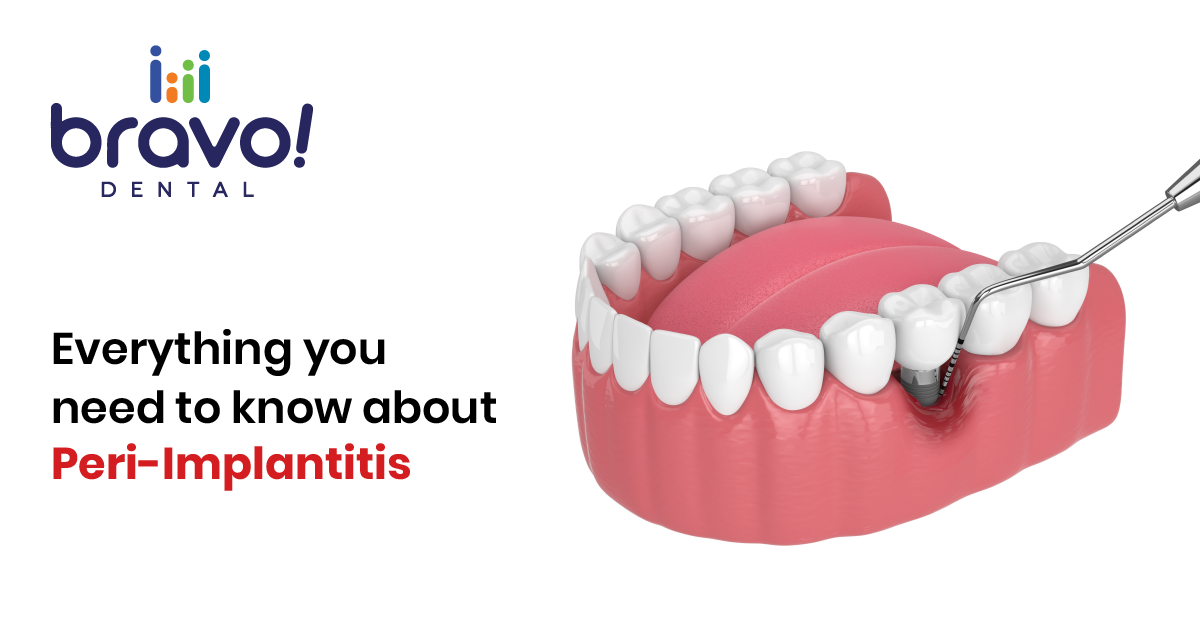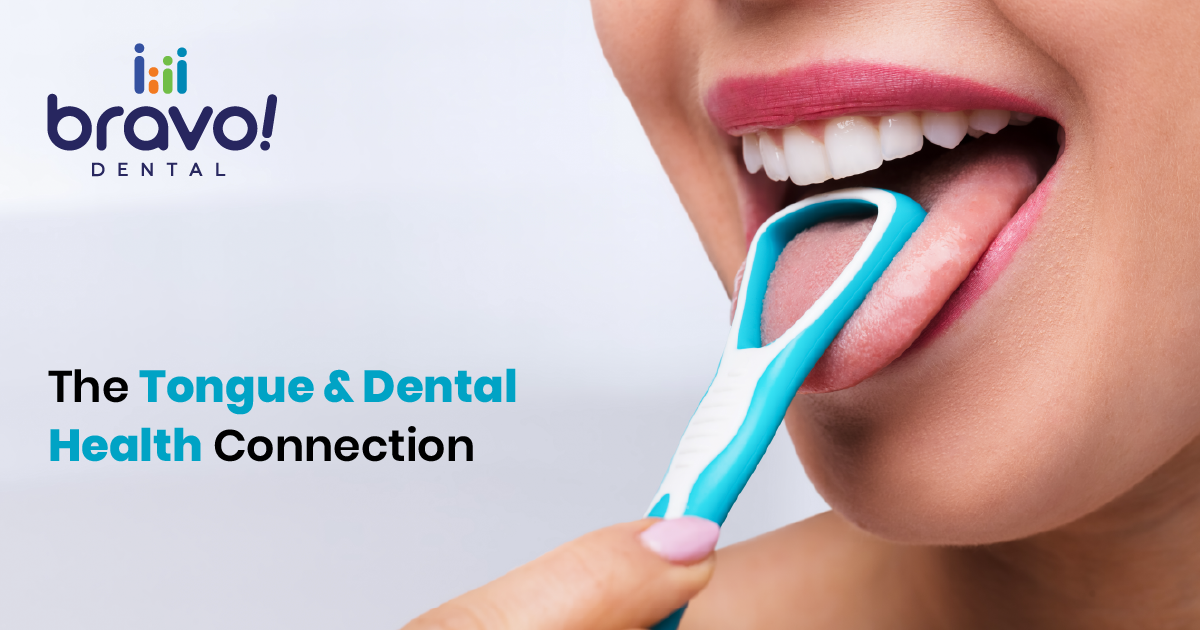Dental implants have revolutionized dentistry, providing patients with a durable and natural-looking solution for tooth loss. However, like any medical procedure, dental implants come with their own set of risks and complications. One such complication is peri-implantitis, a condition that affects the soft and hard tissues surrounding dental implants. When left untreated, peri-implantitis can have consequences, potentially leading to implant failure.
Causes of Peri-Implantitis
Several factors contribute to the development of peri-implantitis, including:
- Inadequate brushing and flossing can lead to plaque and bacteria buildup around the implant, causing inflammation.
- Tobacco use is a significant risk factor for peri-implantitis. Smoking impairs blood flow to the gums, hindering the body’s ability to fight infection and inflammation.
- Patients with a history of gum disease are more susceptible to peri-implantitis. The bacteria from previous infections can re-infect the implant site.
- Poorly controlled diabetes can compromise the body’s immune response and increase the risk of infections.
- Teeth grinding and clenching can pressure dental implants excessively, leading to bone loss and implant failure.
Symptoms of Peri-implantitis
Early detection of peri-implantitis is crucial for successful treatment. Look out for these common symptoms:
- Swelling and redness around the implant.
- Bleeding gums when brushing or flossing around the implant area.
- Pus or discharge around the implant (suppuration).
- As the bone around the implant deteriorates, the implant may become loose and unstable.
- Pain or discomfort around the implant site or when biting down.
Prevention for Peri-implantitis
Preventing peri-implantitis begins with a proactive approach to oral hygiene and regular dental check-ups. Here are some essential preventive measures:
Regular Dental Visits: Visit the dentist for routine check-ups and cleanings. The dentist will monitor the health of your implants and catch any potential issues early on.
Oral Hygiene: Brush your teeth at least twice a day with a soft-bristled toothbrush and floss daily. Consider using an interdental brush to clean between the implants and gums.
Quit Smoking: If you smoke, consider quitting to reduce the risk of peri-implantitis and other oral health problems.
Healthy Lifestyle: Maintain a balanced diet and manage conditions like diabetes that may impact oral health.
Treatments for Peri-implantitis
When diagnosed early, peri-implantitis can be treated successfully. Here are some common treatment options:
Professional Cleaning: Your dentist or dental hygienist will perform a thorough cleaning around the implant to remove plaque and bacteria.
Antibiotics: In some cases, antibiotics may be prescribed to combat infection and reduce inflammation.
Surgical Intervention: Advanced cases may require surgical treatment to remove infected tissues, bone grafting, or implant replacement.
Conclusion
Peri-implantitis is a serious condition that can jeopardize the success of dental implants. Being aware of the risk factors, symptoms, and preventive measures can help you maintain your implant’s health. Regular dental check-ups, diligent oral hygiene, and a healthy lifestyle ensure that your dental implants last long and you have good oral health. If you come across any issues with your dental implants, consult our dental experts at Bravo! Dental today before the condition worsens.


